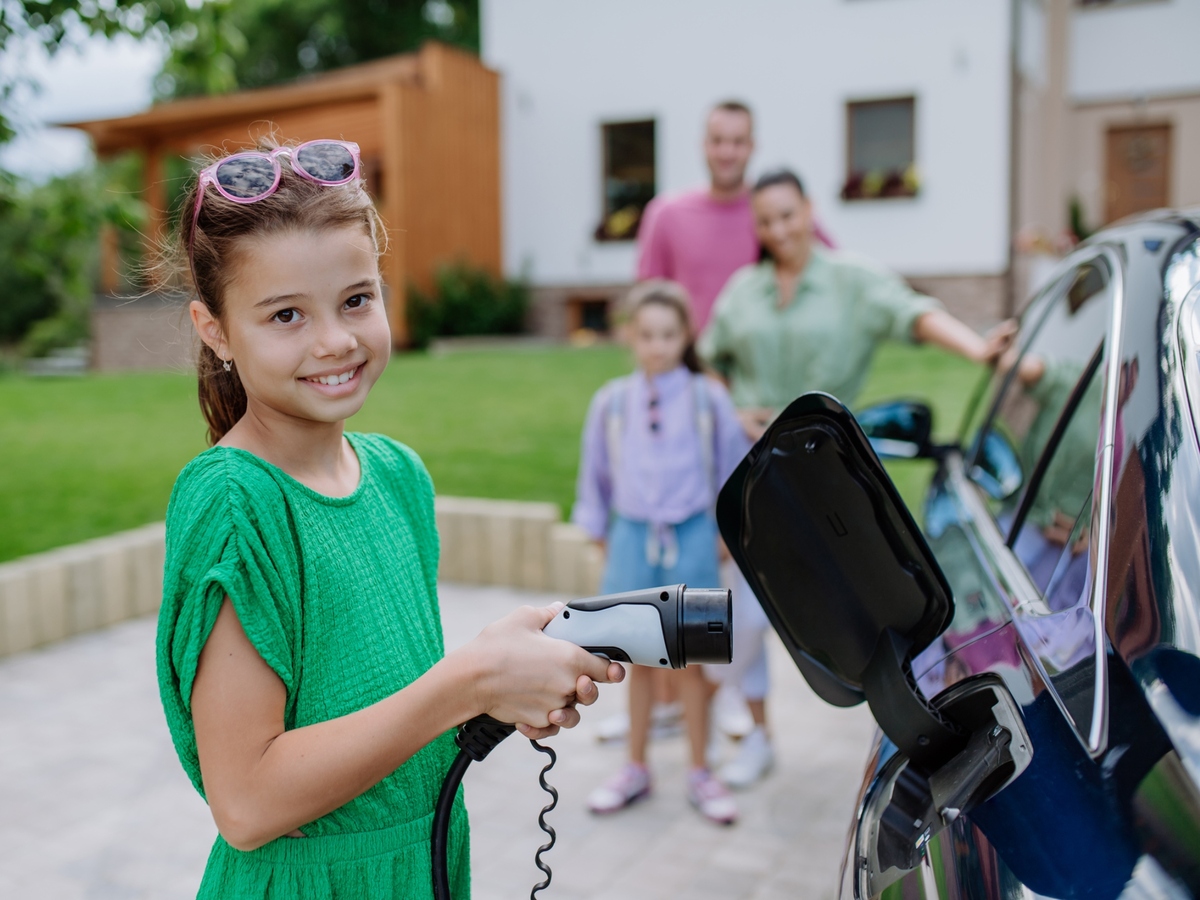You get a call or a visit from someone claiming to be from your energy company. They explain that your bill is past due and threaten to shut off your service if you don't make a payment. However, you know your monthly bill was paid. Do you need to worry?
The answer is yes, but not for the reason you might think. Energy bill scams are becoming increasingly common. Scammers will use aggressive tactics, such as insisting your account is delinquent and threatening to shut off service immediately. As a customer, it can be difficult to ignore these convincing phone calls, emails and even home visits.
To protect yourself from scams, be on the lookout for these red flags:
- Demand for payment in unconventional ways, such as cash, bank transfer or a check in their name
- Requests for personal information such as your social security number and bank account numbers
- The scammer has no proof of employment with your energy company and isn't wearing branded clothing or materials
In some cases, scammers will use seasonal bill spikes as an opportunity to swindle energy customers. For example, they might show up at your door with a fake promotion to help you save money. This type of fraud is most common in the summer and winter months when increased energy demand leads to higher bills, and customers may be more receptive to savings opportunities.
Follow these steps if you encounter an energy bill scam:
- If a suspected scammer shows up at your home, lock the doors.
- Report the suspicious activity to your local law enforcement.
- Contact your energy company and explain the situation.
- Spread the word to family, friends and neighbors so that they don't become victims of the scam.
- Report the scam to the U.S. Federal Trade Commission at ReportFraud.ftc.gov.
Keep in mind that if your bill is in fact unpaid, your energy company will not immediately disconnect service. First, you'll receive a bill highlighting the overdue amount. If this payment is still not received, the next step is a disconnection notice.
Your energy company will give you ample time to make payments and will never use threatening tactics. With this knowledge, you can empower yourself against scammers.







